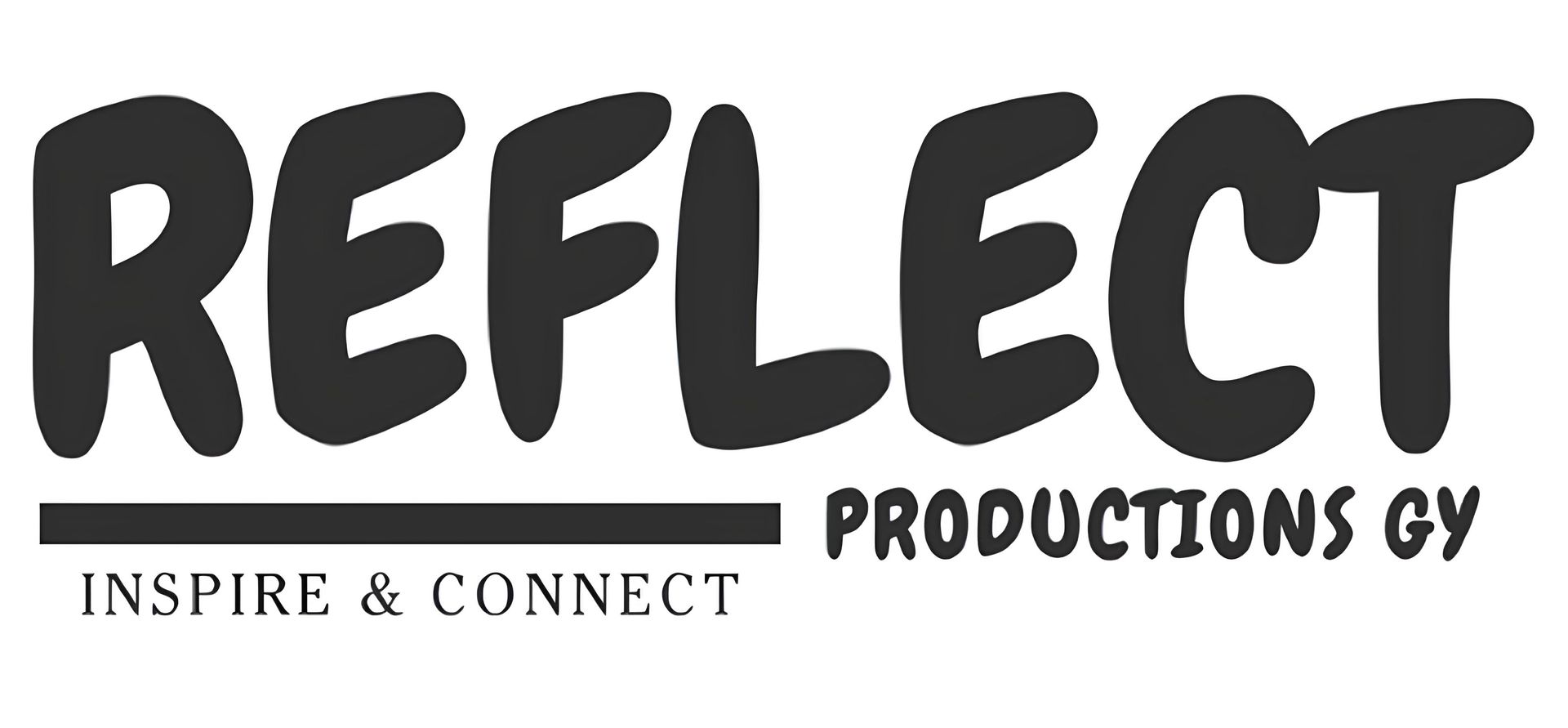Supportive Performing Arts Programs: Enhancing Self-Esteem and Connection
Introduction to Supportive Performing Arts Programs
In recent years, supportive performing arts programs have gained recognition for their ability to enhance self-esteem and foster connections among participants. These programs provide a nurturing environment where individuals can explore their creativity, express their emotions, and build confidence in a collaborative setting.
Performing arts encompass a wide range of activities, including theater, dance, music, and more. By participating in these programs, individuals not only develop artistic skills but also gain valuable life skills that can positively impact their personal and professional lives.

Building Self-Esteem through the Arts
One of the key benefits of engaging in supportive performing arts programs is the boost to self-esteem. Participants are encouraged to step outside their comfort zones, take risks, and embrace their unique abilities. This process helps individuals overcome self-doubt and gain confidence in their talents and potential.
The supportive nature of these programs ensures that participants receive constructive feedback and encouragement from peers and mentors. This positive reinforcement creates a safe space where individuals feel valued and motivated to improve, further enhancing their self-esteem.
Fostering Connections and Building Community
Performing arts programs also play a crucial role in fostering connections and building a sense of community among participants. Collaboration is at the heart of the performing arts, as individuals work together to create and execute performances. This teamwork fosters mutual respect, understanding, and trust among participants.
Additionally, these programs often bring together people from diverse backgrounds, providing an opportunity to learn about different cultures and perspectives. This exposure broadens participants' horizons and strengthens their ability to connect with others on a deeper level.

Life Skills Acquired through Performing Arts
Beyond artistic development, supportive performing arts programs equip participants with a range of life skills. These skills include communication, empathy, discipline, and adaptability—qualities that are highly valued in both personal and professional settings.
Participants learn to express themselves effectively, listen actively to others, and work collaboratively towards a common goal. These experiences contribute to personal growth and help individuals navigate various aspects of life with confidence and resilience.
Impact on Mental Health and Well-Being
The benefits of supportive performing arts programs extend to mental health and well-being as well. Engaging in creative activities allows individuals to channel their emotions constructively, reducing stress and anxiety levels. The sense of accomplishment and fulfillment derived from participating in performances contributes to overall happiness and satisfaction.

Furthermore, the social connections formed through these programs provide a support network that can be invaluable during challenging times. Knowing that they are part of a community where they are accepted and supported enhances participants' mental well-being.
Conclusion: The Transformative Power of Performing Arts
In conclusion, supportive performing arts programs offer transformative experiences that go beyond artistic expression. By enhancing self-esteem, fostering connections, and imparting valuable life skills, these programs contribute significantly to personal development and well-being.
Whether you are an aspiring artist or someone seeking personal growth, participating in a supportive performing arts program can be a rewarding journey. Embrace the opportunity to explore your creativity, connect with others, and discover the profound impact that the performing arts can have on your life.
